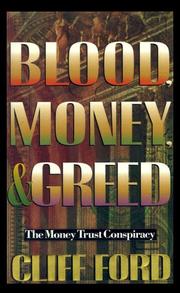* * * * *
Arguably, Vladimir Putin’s nomination on Dec. 10 of Dmitry Medvedev as his preferred successor, and Medvedev’s subsequent offer for Putin to become Russia’s future prime minister will change the structure of post-Soviet Russian politics. Whatever this move may, in the end, entail for the exact redistribution of power in Moscow, it implies that Medvedev will, probably, become Russia’s official leader, while Putin will remain its most powerful man after March 2008. Medvedev’s rise means that Russia might have a serious chance to embark anew on a course of political liberalization and democratization. It will provide a welcome opportunity for Western governments and organizations to reestablish a better partnership with Moscow. However, it also presents a threat that Moscow politics will once again become ideological: Medvedev’s office may become the focal point of liberal and pro-Western trends in Russia while other institution could become the power base for Moscow’s anti-Western nationalists.
Click here for this entire article....










No comments:
Post a Comment